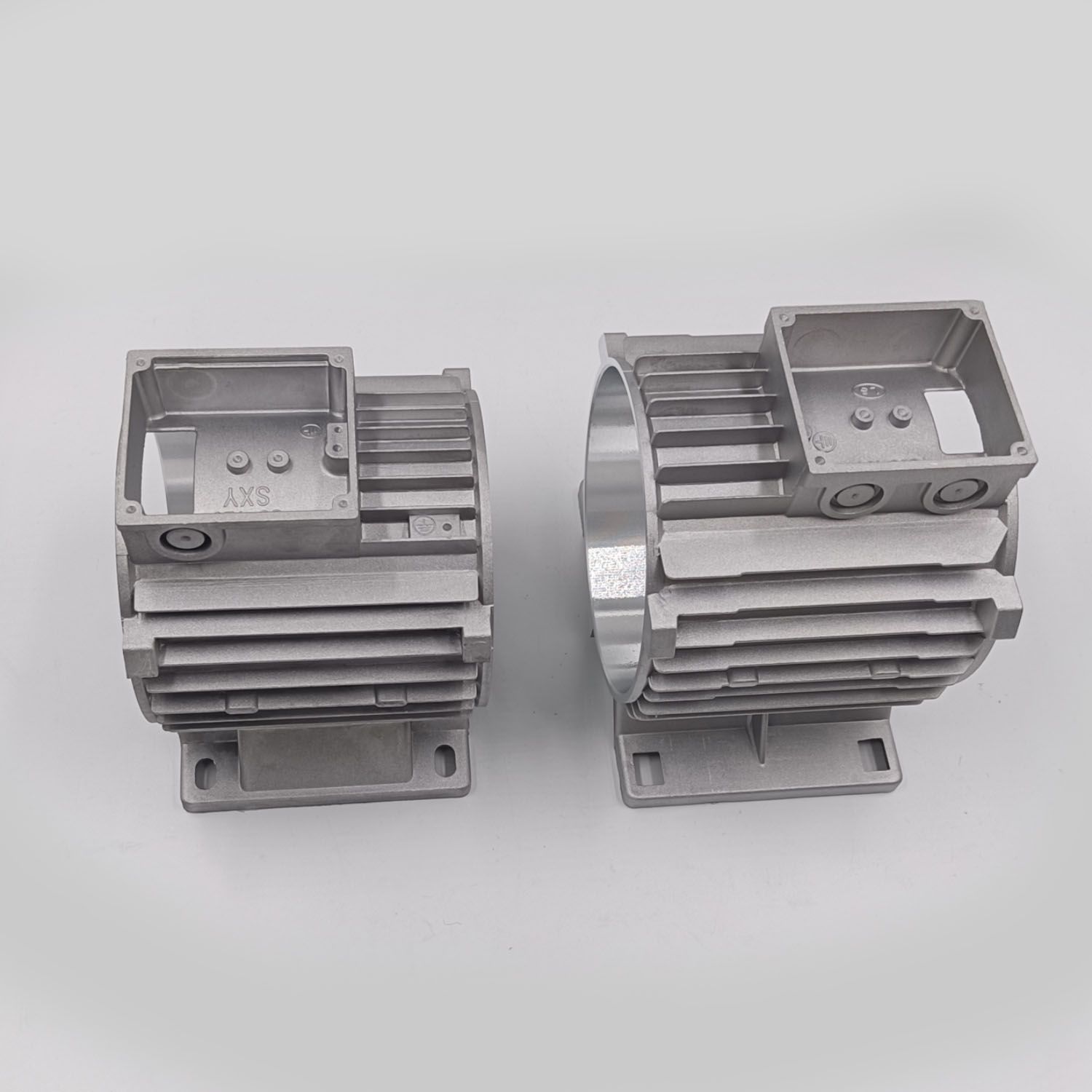See This Report on Stahl Specialty Company
Table of ContentsSome Known Factual Statements About Stahl Specialty Company The Ultimate Guide To Stahl Specialty CompanyTop Guidelines Of Stahl Specialty CompanyHow Stahl Specialty Company can Save You Time, Stress, and Money.An Unbiased View of Stahl Specialty Company
The subtle difference lies in the chemical web content. Chemical Comparison of Cast Light weight aluminum Alloys Silicon promotes castability by decreasing the alloy's melting temperature level and enhancing fluidness during spreading. It plays a vital duty in enabling detailed mold and mildews to be filled up precisely. In addition, silicon adds to the alloy's stamina and wear resistance, making it beneficial in applications where sturdiness is vital, such as auto components and engine elements.It additionally enhances the machinability of the alloy, making it less complicated to process into finished products. In this method, iron contributes to the overall workability of light weight aluminum alloys.
Manganese adds to the strength of aluminum alloys and boosts workability. Magnesium is a lightweight aspect that provides strength and impact resistance to aluminum alloys.
Zinc boosts the castability of light weight aluminum alloys and assists control the solidification procedure during casting. It enhances the alloy's strength and firmness.
Get This Report on Stahl Specialty Company
Since aluminum-silicon alloys have excellent spreading buildings, high gas properties, simple procedures, and exceptional deterioration resistance, aluminum-silicon alloys are most typically utilized in the die-casting industry in the house and abroad. At the exact same time, aluminum-silicon alloys are likewise fairly very early and widely recognized alloys developed and made use of in die-casting. After continual research and renovation, a lot of the current global mainstream aluminum-silicon alloys have actually been settled and are absolutely nothing even more than A356, A360, A380, ADC12, B390, and A413.
The main thermal conductivity, tensile toughness, return stamina, and prolongation differ. Select ideal resources according to the performance of the target item generated. Amongst the above alloys, A356 has the highest thermal conductivity, and A380 and ADC12 have the most affordable. The tensile restriction is the contrary. A360 has the very best yield stamina and the highest elongation rate.

Some Of Stahl Specialty Company
In accuracy spreading, 6063 is appropriate for applications where intricate geometries and top quality surface finishes are paramount. Instances include telecommunication enclosures, where the alloy's exceptional formability enables sleek and cosmetically pleasing layouts while preserving architectural integrity. Likewise, in the Illumination Solutions industry, precision-cast 6063 parts develop sophisticated and reliable lighting components that need elaborate shapes and good thermal performance.
(https://myspace.com/stahlspecialc)
The A360 displays superior elongation, making it excellent for complex and thin-walled elements. In precision casting applications, A360 is well-suited for markets such as Consumer Electronic Devices, Telecommunication, and Power Tools.

In accuracy casting, light weight aluminum 413 beams aluminum metal casting in the Customer Electronics and Power Tools sectors. This alloy's premium deterioration resistance makes it an exceptional option for exterior applications, ensuring long-lasting, durable items in the discussed sectors.
The Best Strategy To Use For Stahl Specialty Company
The aluminum alloy you choose will significantly affect both the casting process and the residential properties of the last product. Because of this, you need to make your choice very carefully and take an enlightened strategy.
Identifying the most suitable light weight aluminum alloy for your application will certainly suggest considering a broad variety of attributes. These relative alloy characteristics comply with the North American Pass Away Casting Association's guidelines, and we've split them right into two classifications. Casting Foundry. The first category addresses alloy attributes that affect the manufacturing procedure. The second covers attributes affecting the residential or commercial properties of the end product.
The alloy you choose for die spreading directly affects several aspects of the spreading procedure, like how easy the alloy is to function with and if it is vulnerable to casting problems. Hot cracking, also known as solidification splitting, is a typical die spreading defect for aluminum alloys that can lead to interior or surface-level tears or cracks.
The smart Trick of Stahl Specialty Company That Nobody is Discussing
Specific aluminum alloys are more prone to warm breaking than others, and your selection needs to consider this. One more common flaw found in the die casting of light weight aluminum is die soldering, which is when the actors sticks to the die walls and makes ejection tough. It can damage both the cast and the die, so you should search for alloys with high anti-soldering residential or commercial properties.
Deterioration resistance, which is already a noteworthy attribute of light weight aluminum, can vary significantly from alloy to alloy and is a crucial characteristic to consider depending on the environmental problems your item will certainly be exposed to. Put on resistance is an additional building commonly looked for in aluminum products and can separate some alloys.